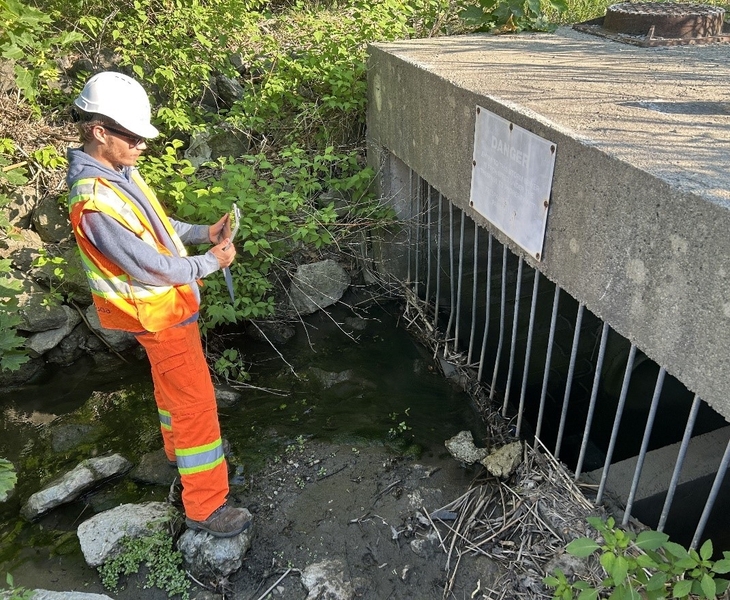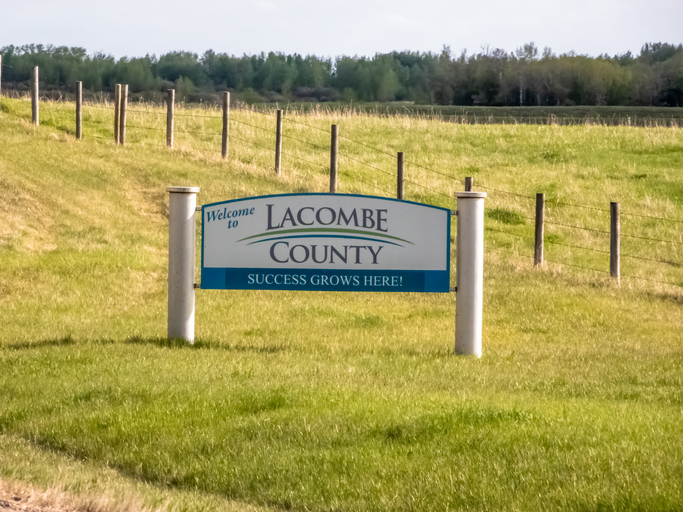Ministers of agriculture reached agreement in Newfoundland this week on the key elements of a new federal, provincial, territorial agricultural policy framework, during the annual meeting held July 19-21.
The new agreement defines how a $3 billion investment will be allocated over five years, replacing the Growing Forward framework that has been in place for the past two five-year cycles.
The Canadian Agricultural Partnership will focus on six priority areas:
- Science, Research, and Innovation – Helping industry adopt practices to improve resiliency and productivity through research and innovation in key areas.
- Markets and Trade – Opening new markets and helping farmers and food processors improve their competitiveness through skills development, improved export capacity, underpinned by a strong and efficient regulatory system.
- Environmental Sustainability and Climate Change – Building sector capacity to mitigate agricultural greenhouse gas emissions, protect the environment and adapt to climate change by enhancing sustainable growth, while increasing production.
- Value-added Agriculture and Agri-food Processing – Supporting the continued growth of the value-added agriculture and agri-food processing sector.
- Public Trust – Building a firm foundation for public trust in the sector through improved assurance systems in food safety and plant and animal health, stronger traceability and effective regulations.
- Risk Management – Enabling proactive and effective risk management, mitigation and adaptation to facilitate a resilient sector.
Photo: provincial, territorial, and federal minsters of agriculture. Credit: Government of Canada.
Although water is not a focal point of the discussions, “conserving our soil, water, and air,” is listed as a priority under the creation of a new Food Policy for Canada.
The new Food Policy for Canada, presently under consultation, centres upon: increasing access to affordable food; improving health and food safety; conserving our soil, water, and air; and growing more high-quality food. Ministers also acknowledged the need for the policy to reflect the diversity of issues across the country, such as Canada’s North.
This focus on soil, water, and air is consistent with recommendations that were made by a 2011 coalition of academics and grassroots non-profit organizations who developed Resetting the Table: A People’s Food Policy for Canada, a detailed food system analysis and comprehensive set of policy proposals. The coalition and others have advocated for a “systems approach” to food policy, that acknowledges the future of our food system as deeply rooted in healthy and sustainable ecosystems, resilient regional economies and diverse cultural practices.
Under the pillar of Environmental Sustainability and Climate Change, the partnership is intended to support environmental sustainability initiatives to address agriculture’s impacts on Canada’s natural resources, reduce greenhouse gas emissions, and mitigate and adapt to the anticipated impacts of climate change (for example, reduced water availability/quality). The partnership is also intended to support the Pan Canadian Framework on Clean Growth and Climate.
The government will continue to provide business risk management programs to provide payouts to producers during boom-and-bust cycles or unpredictable factors, like a drought, or an extraordinary collapse in the markets.
The government will undertake bi-lateral agreements with the provinces and territories with the expectation that the Canadian Agricultural Partnership will come into effect on April 1, 2018.
More information will be posted on the Next Agricultural Policy Framework website.










